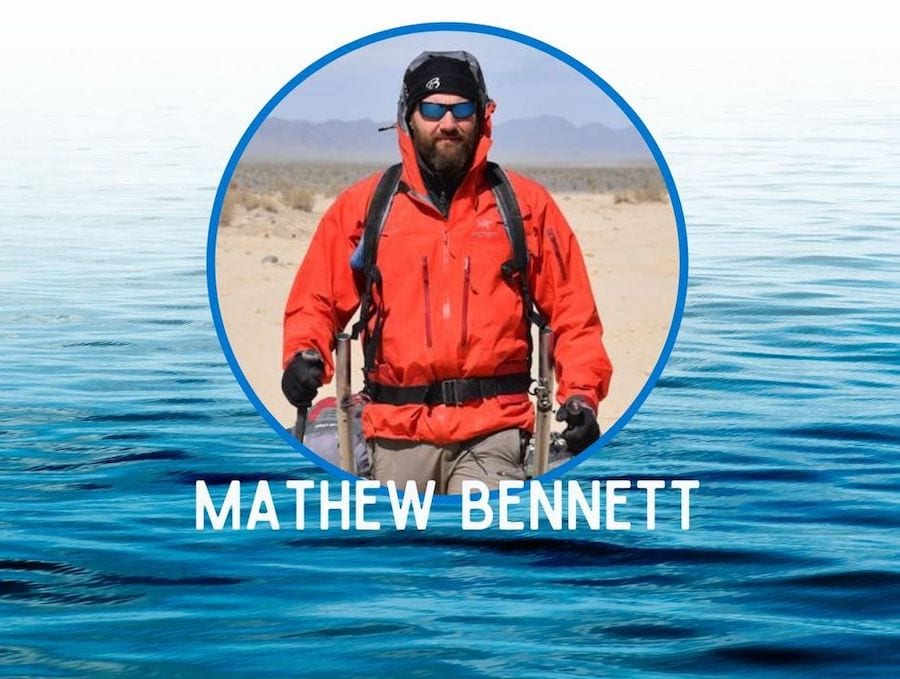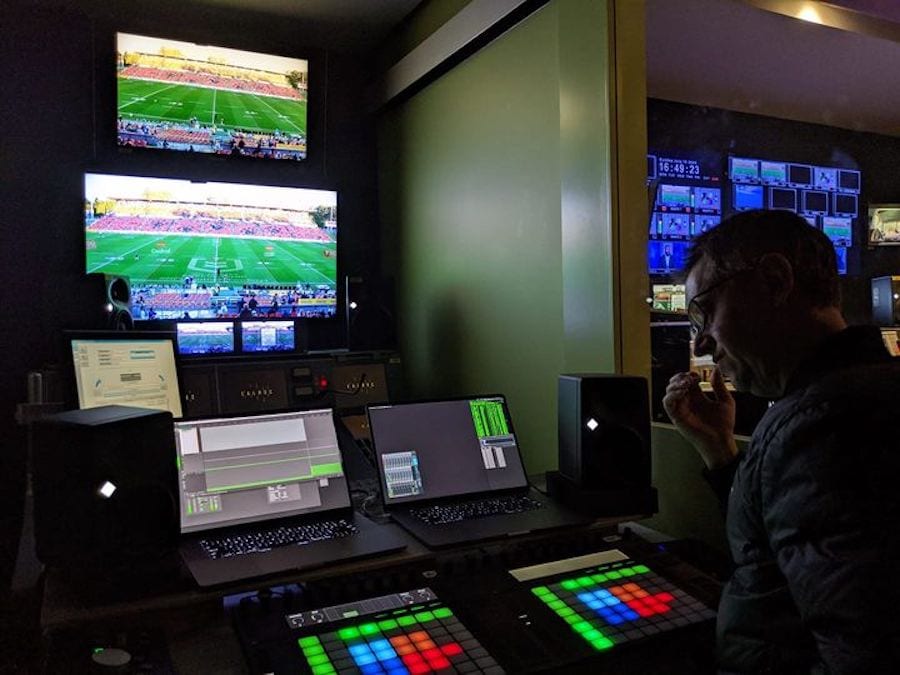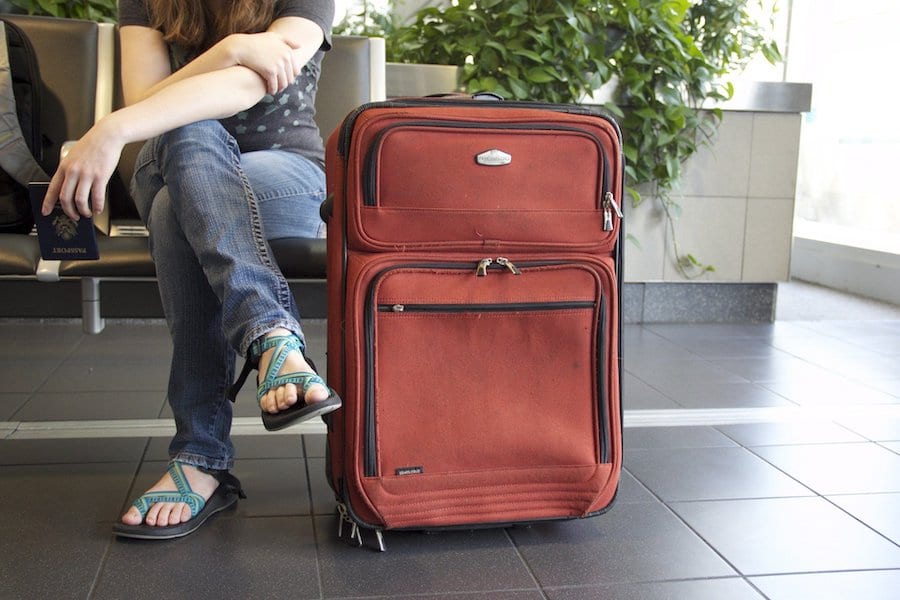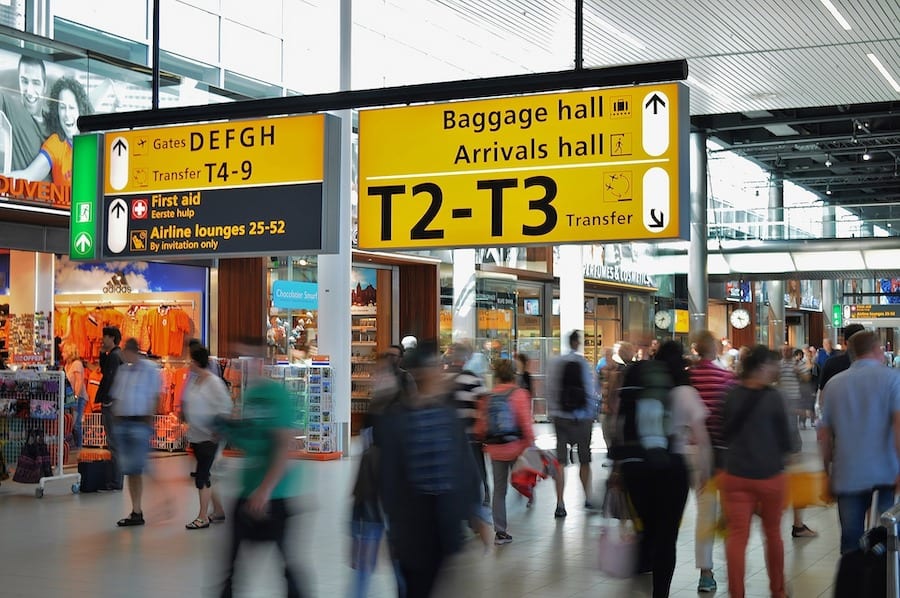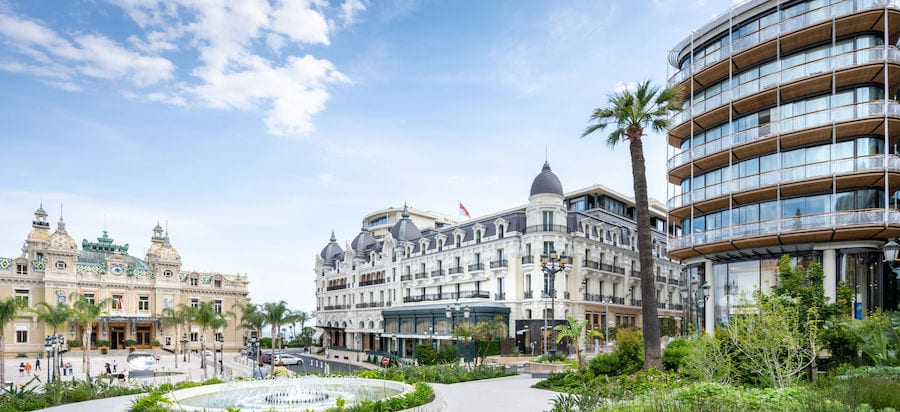Team Notorious has evened the playing field for the upcoming water bike challenge, bringing Guinness World Record holder Mathew Bennett on to the team led by Gareth Wittstock.
Mathew Bennett is no stranger to endurance. The British national entered the record books in 2016 after he and his team spent 50 continuous days rowing unaided across the Atlantic Ocean from Europe to South Africa. He has also crossed the Gobi desert on foot, and finished 8th in the longest canoe race in the world – the Yukon 1,000.
He will certainly be a force for team Notorious, who will go up against team Serenity on 12th and 13th September for The Crossing: Calvi to Monaco, a 180-kilometre relay across the Mediterranean Sea.
The adventure, organised by the Princess Charlene of Monaco Foundation, is designed to raise awareness about water safety.
Mathew Bennett will join world champion fighter Conor McGregor on team Notorious, led by Gareth Wittstock, brother of Princess Charlene and General Secretary of her Foundation.
Team Serenity is so far comprised of Australian racing cyclist David Tanner and French swimmer Yannick Angel. Heading the team is, of course, Princess Charlene herself.
With two weeks to go before the starting gun is sounded, we wait with excitement to see the final members of each team.
Endurance athlete joins team Notorious
